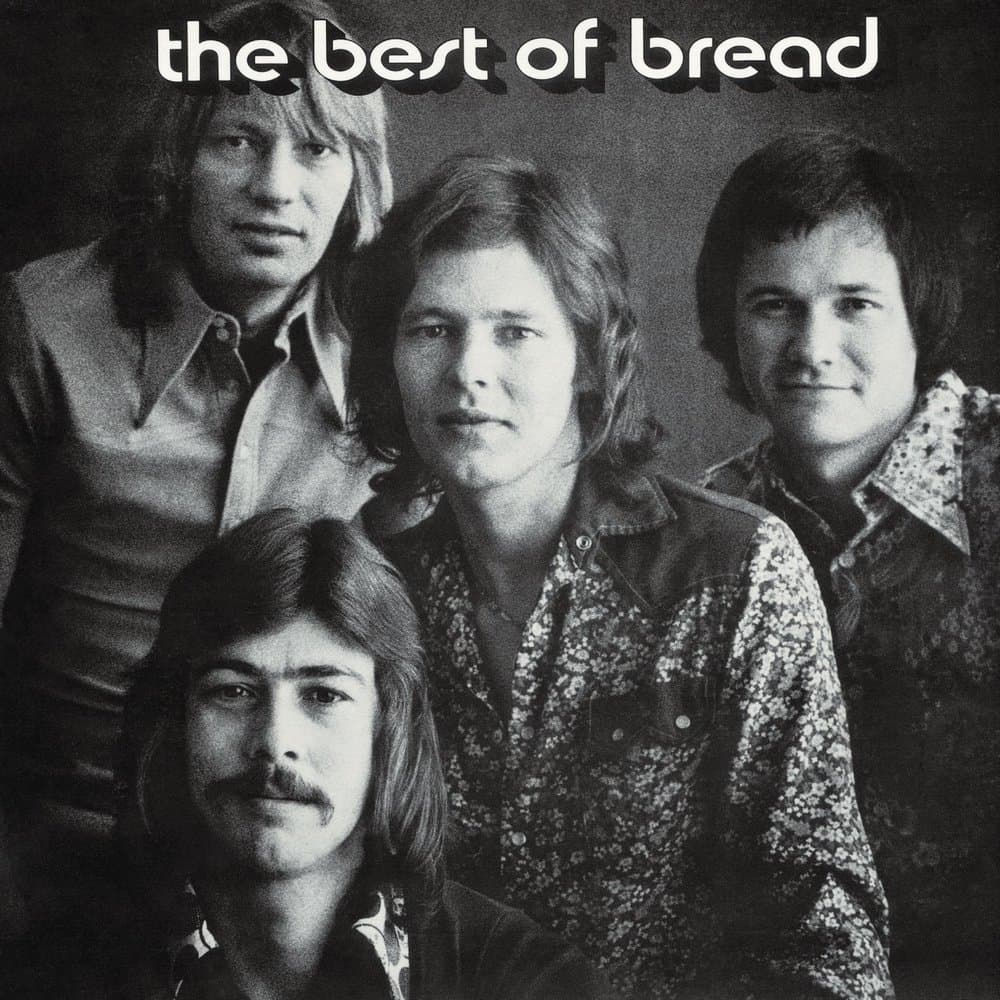
A Melancholy Ode to Unrequited Love: “Aubrey” by Bread
In 1972, Bread, led by the tender voice and songwriting mastery of David Gates, released a song that would become one of the most hauntingly beautiful expressions of unrequited love in soft rock history. “Aubrey,” featured on the band’s album Guitar Man, is a delicate and wistful ballad that captured the hearts of listeners with its aching sincerity and ethereal melody. Peaking at No. 15 on the Billboard Hot 100, the song stands as a timeless testament to the bittersweet nature of love that is deeply felt but never fully shared.
From its opening notes, “Aubrey” draws you into a world of introspection and longing. Unlike many of Bread’s other hits, this track is stripped of backing vocals or drumming, allowing Gates’ voice to take center stage, accompanied by a minimalist yet lush arrangement. The instrumentation—featuring acoustic guitar, orchestral strings, a soft celeste, and delicate orchestra bells—creates a dreamlike quality that mirrors the tender fragility of the song’s theme.
The lyrics tell the poignant story of a love that was never realized, a deep yearning for a girl named Aubrey who remains just out of reach. Lines like “And I never knew her, but I loved her just the same” encapsulate the universal experience of admiring someone from afar, cherishing their essence even in the absence of reciprocation. Gates’ poetic phrasing, such as describing Aubrey as “the hearts that never played in tune,” elevates the song into the realm of timeless romantic elegies.
“Aubrey” also resonates on a personal level for many listeners. For Gates, the song was inspired by the wistful beauty of unspoken emotions, and its universal themes allow each listener to insert their own story of unfulfilled love. The simplicity of the name “Aubrey” and the ambiguity surrounding the subject make the song feel personal yet widely relatable.
The song achieved significant success, spending 11 weeks on the Billboard Hot 100 and charting on adult contemporary lists in both the U.S. and Canada. While it found a smaller audience internationally—reaching No. 8 in New Zealand—its lasting appeal lies not in its chart performance but in its ability to evoke deep emotional reflection. Over time, “Aubrey” has become a cherished piece of Bread’s legacy, often singled out for its emotional depth and understated elegance.
For fans of the era, “Aubrey” might evoke memories of quiet nights spent replaying the song on vinyl, pondering their own tales of love lost or never found. It captures that universal ache of a love that feels so vivid in your mind but is tethered to an impossible reality. Gates’ delivery, understated and raw, feels like a confidant sharing their innermost feelings in a late-night conversation.
Even decades later, “Aubrey” remains a masterpiece of songwriting, its delicate beauty undimmed by time. It reminds us that love, even when unreciprocated, can be transformative and deeply meaningful. Whether heard for the first time or revisited after years, “Aubrey” continues to stir the soul, offering solace and companionship to anyone who has ever loved from a distance.